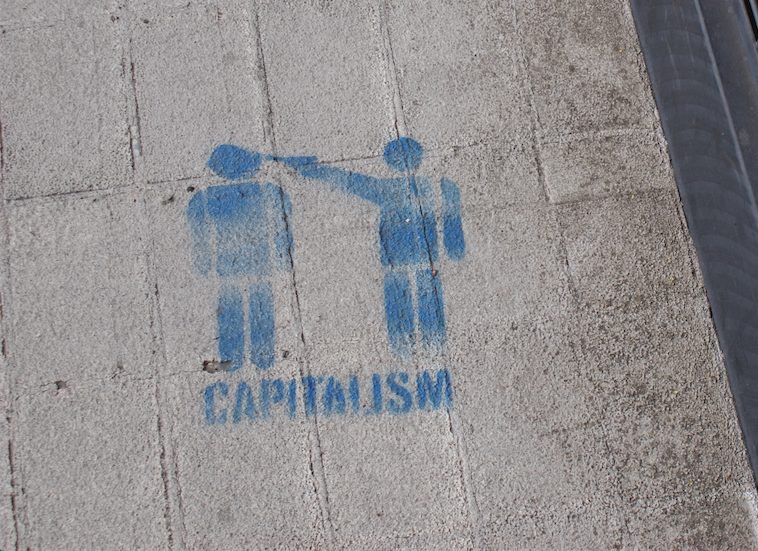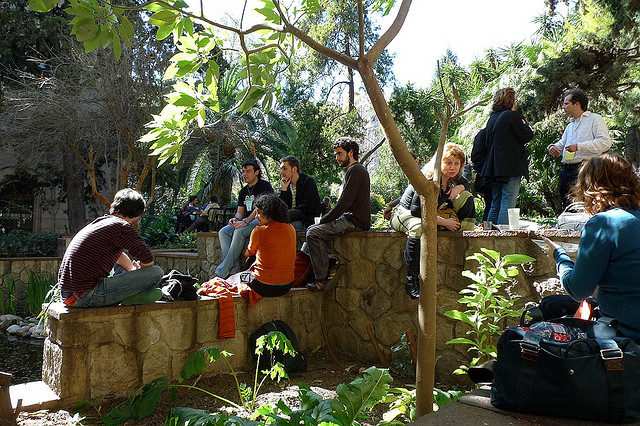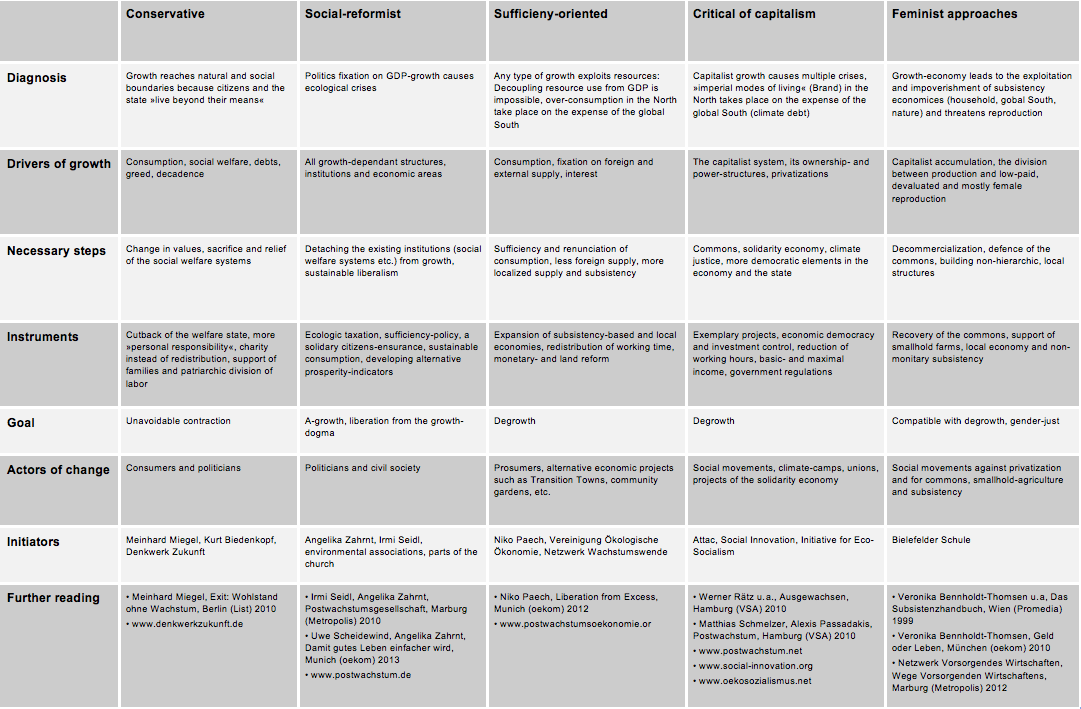On June 6th we will once more celebrate the Global Degrowth Day (GDD). On this day, like last year, we want to show that there are alternatives to the capitalist growth society and that a good life for all is possible! This time of multiple crisis can be overwhelming, but it is also a crucial moment to re-think how we live and how societies are organized. Degrowth is a powerful tool to examine the origins of the several crises we face. It is time to demand and build new roots for a new future, built around values of solidarity, justice, care, wellbeing and sufficiency. Despite coronavirus, there are Global Degrowth Day events planned around the world. See a full list here. Many of these Global Degrowth Day events will be livestreamed, but some will be live, face-to-face, with the appropriate measures for social distancing.

When the BBC asked me if I would participate in a debate panel on climate change, capitalism and democracy, I first panicked and then said yes. All I really wanted to do this week was finish up and (re)submit some research I started a long time ago. This research shows that, despite their massive growth, energy and carbon emissions cannot (statistically) explain improvements in international li...

By Filka Sekulova and Francois Schneider One might say that the term degrowth provides few new insights. At first sight the concept seems identical with the calls of the Radical Ecology Movement from the Seventies, supplanted by the Meadows report to the Club of Rome on ‘The limits to growth’. Yet, unlike terms such as [...]

By Matthias Schmelzer The following article is a translation from the forthcoming “Atlas der Globalisierung”, that will be edited by Le Monde diplomatique and the Kolleg Postwachstumsgesellschaften (Universität Jena) under the title “Less is More. The Postgrowth-Atlas” (“Weniger wird mehr. Der Postwachstums-Atlas”. Postwachstum. Degrowth. Décroissance. These are buzzwords of a newly emergin...